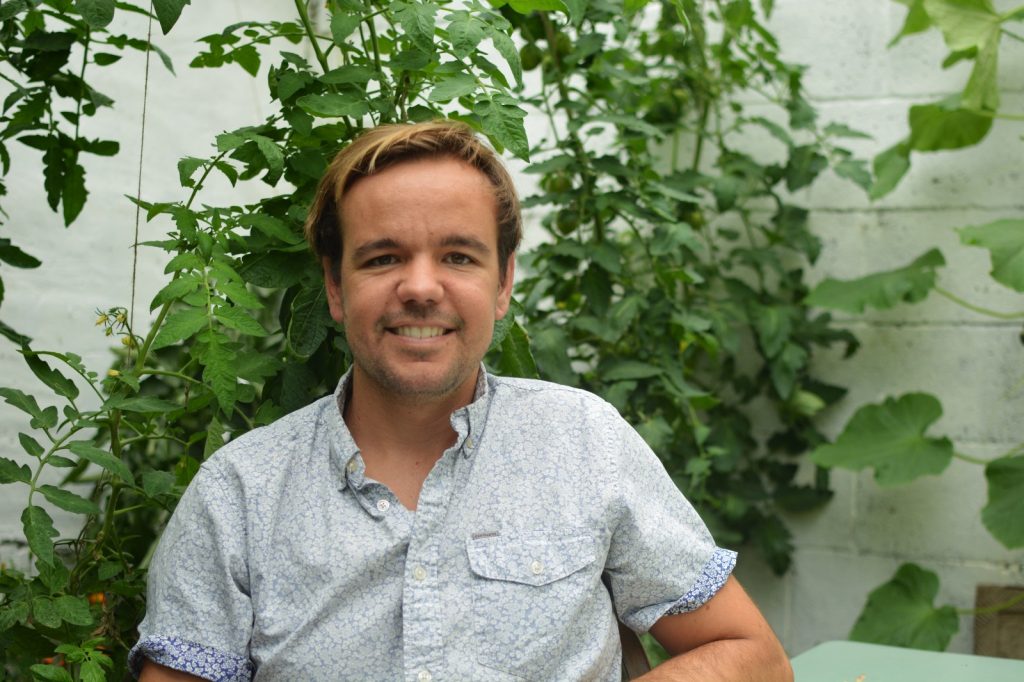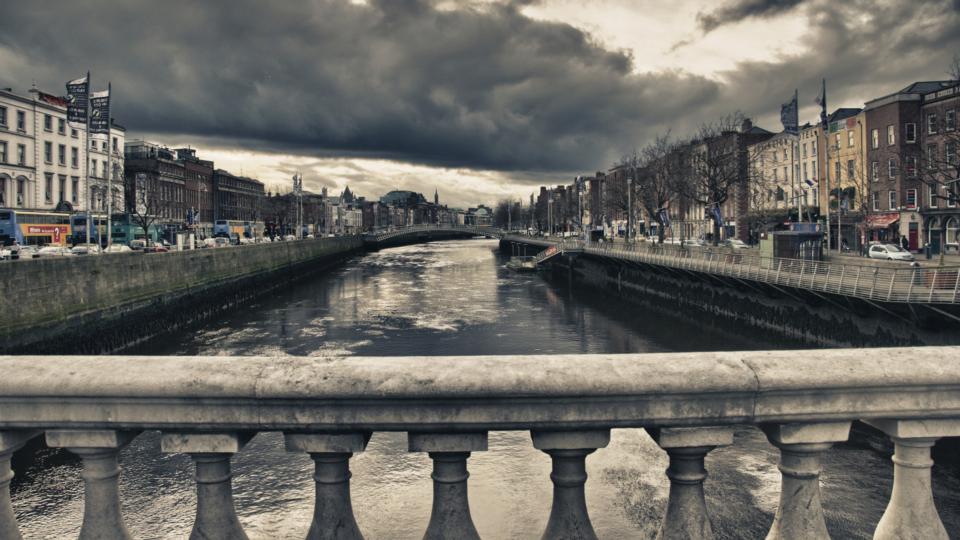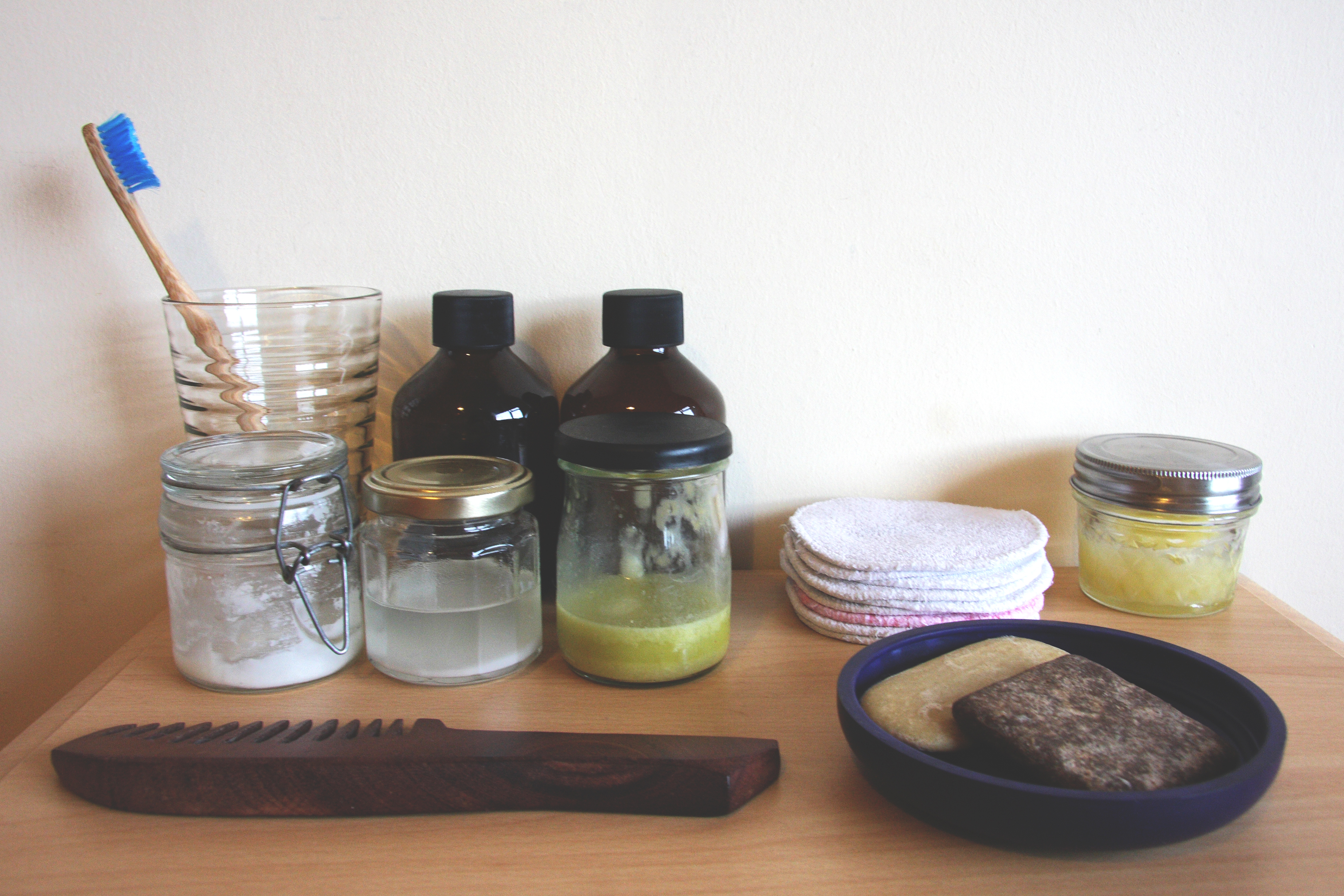Irish Doctors for the Environment: “it’s amazing to see how much it’s grown”

17 August 2021
Six months ago, Callum Swift thought it would be hard to persuade other European Doctors that the climate crisis was going to affect their careers in every aspect over the next decade.
Now the emergency medicine doctor says that it’s not going to take any persuasion to show people that, “this is something that’s happening.”
The recent floods, fires and storms the worldover “frightened the hell out of me”, in his own words.
For the past two years, Dr. Swift has been channelling a good portion of his energy as one of the chairs for Irish Doctors for Environment, an organisation of medical professionals dedicated to improving the health of the environment.
Just last month, IDE wrote and shared on Twitter a letter to RTÉ expressing their “deep disappointment” of the broadcaster’s coverage of extreme weather events.
“To report on these record-breaking weather events without mentioning climate change is as egregious as reporting on the unprecedented spike in ICU admissions last April without mentioning a global pandemic,” they observed.
Less than a week later, RTÉ responded, with a shift in how RTÉ news is covering climate change.
“Everyone else had been doing the shouting. Our voice just happened to be loudest at the time,” IDE operations officer Dr. Rachel MacCann recalled.
How it all started
The group formed in 2018 when Dr. McCann exchanged messages with a few other junior doctors. Initially, she was interested in organising a beach clean. But that was just the beginning.
“We all kind of had these individual aspirations and felt like we didn’t have the network that we could do something,” she told The Green News.
The group began with “interested people just meeting once a month, chatting about what we were interested in and what we wanted to see change in healthcare,” according to Dr. MacCann. “Then quickly things kind of spiralled from there.”
Personally, Dr. MacCann has “always had an interest” in the environment.
She remembers as a child she collected money for the World Wildlife Fund to try to save species from extinction. Fast forward to today, and she’s now glad that she’s in the “position I am to be able to try and do something about it.”
For Dr. Swift, the climate crisis has always been on his radar.
But prior to joining IDE, he says he didn’t actively engage with it apart from some small changes, like eliminating meat from his diet. After he went to his first IDE meeting, he’s been “helping in whatever way he can.”
Due to the demands of their work schedules, IDE’s group structure is such that members can be as committed as they can or want to be.
“We like having it kind of flowing so people can come and join and be really involved for a few months. And then if they get busy or have to move away, that’s fine,” Dr. MacCann said.
Members can subscribe to a newsletter, get updates through a WhatsApp group, or work in committees. There are about a dozen committee chairs and working group chairs in the organisation. People can propose their own projects. Essentially, they will take whatever support they can get from their members. Through this, their reach has expanded.
“It’s been amazing to see how much it’s grown over the last few years,” Dr. Swift noted.
Health effects
Within the realm of healthcare, the effects of climate change are prevalent. For example, both Dr. MacCann and Dr. Swift stressed the risk air pollution poses to health.
“More people die from air pollution related deaths in Ireland than from breast cancer,” Dr. Swift noted. “Worldwide air pollution causes more deaths than all wars, HIV, and TB, combined. So, you know, it’s one of the biggest killers in the world.” There is also of course the immediate deaths that result from extreme weather.
Creating cleaner cities would also have an important effect. As Dr. MacCann told The Green News, “there’s no point fixing someone’s asthma and sending them to go home where their environment is in poor condition.”
Dr. MacCann also stressed in Ireland there is no actual carbon counting for the healthcare sector.
She hopes that creating such a system could be the first step to implementing a sustainable healthcare system. By focusing on action-focused policy, she hopes for viable solutions.
“Changing a system is really hard and it’s not something that I think anyone could take on easily, but if you don’t try then you’ll get nowhere,” said Dr. MacCann. Although, she noted, “COVID has shown us that systems can change quite quickly.”
Rapid, science-centred response
After being on the front lines of a pandemic, these doctors have noticed some parallels between the response to COVID and the climate crisis. When there is threat to the collective – either through an air-borne virus impending climate collapse – individual and systemic action is need to address the crisis.
These past 18 months have demonstrated to Dr. MacCann that we do not have a resilient healthcare system here in Ireland. In some ways, IDE members see COVID as a precursor of what could come if the climate crisis is not adequately addressed.
“In the event of an even greater threat than COVID, which will be climate change, we need to be able to prepare to be able to cope with that,” urged Dr. MacCann. “Can we do that in the most sustainable way?”
To address that question and more, IDE wrote a letter to the Dáil urging a climate-centred approach to reopening after COVID. They outlined the need to build a more equitable world with a functioning healthcare system and secure energy supply.
“COVID reset systems that we can change,” Dr. Swift explained. “We wanted to really urge the government to use it and as opportunity for a greener and just recovery and a just recovery and not just hyper-accelerate the old business as usual.”

What’s next for IDE?
The group is involved in a number of working groups and projects, from active transport to air quality. Though the two big areas where they are working in is related to education and policy development.
They are developing a curriculum for medical students to learn about climate change and health.
“Whether they believe it or not, it’s going to affect them. So, we need to be teaching about it now,” Dr. Swift urged.
In terms of policy, Dr. MacCann is striving for medical professionals to be involved with decisions that affect outcomes for the environment. She wants to ensure that “everyone that should be at the table” is there.
She would also like to see “the IDE included, or health professionals being included in these policy developments.” Particularly, she’s interested in carbon counting and sustainability developments across the healthcare system.
Taking action to address the climate crisis can feel overwhelming – even for people who save lives all day for their job. But that’s not a reason to not act, these doctors urged.
Rather than shutting down with apathy when learning about this crisis, action and doing something is the better approach, according to Dr. Swift.
“When you feel like you’re doing something, no matter how small and ineffectual it is, it’s a natural human positive reaction to that.
“It helps you deal with the stress and anxiety of this huge problem that no one person can really do anything about, but at least if you’re doing something,” he said.
If you are a medical professional or student interested in doing something, Dr. MacCann says, “we’re always looking for people to support us and get involved.”
Or if you aren’t in healthcare and are interested their work, you can check out their website, podcast, or follow them on social media.
By Sam Starkey with additional reporting from Kayle Crosson






